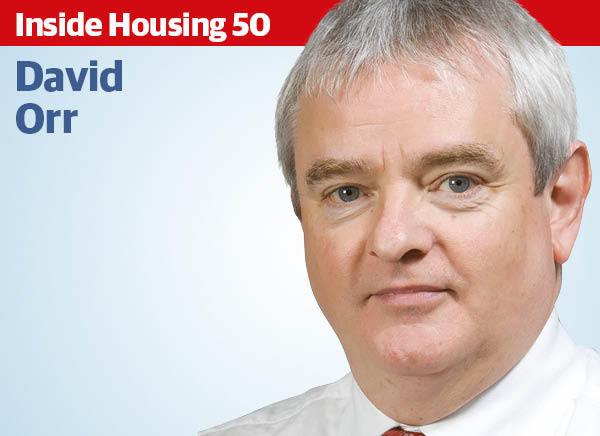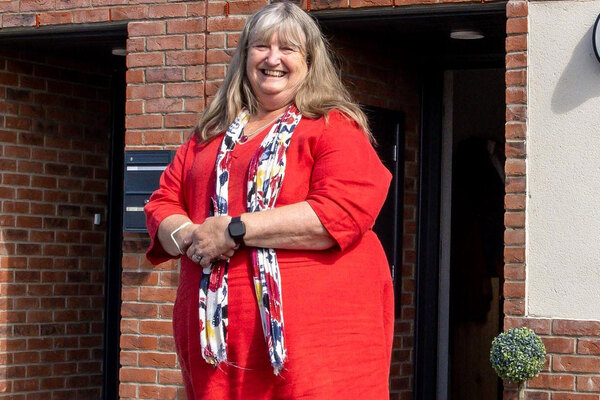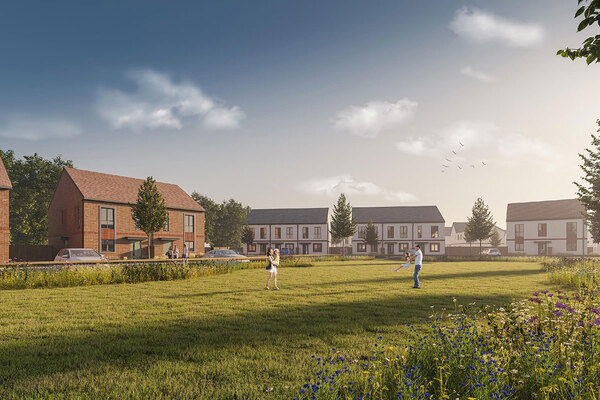You are viewing 1 of your 1 free articles
Changing the record
Some encouraging signs are coming from government - but it’s too early to throw a party, says Martin Hilditch
“We would like to find out what further action government could take to help housing associations deliver.”
Those words - setting out the aims of a review into how housing associations can build more homes by the Cabinet Office and Department for Communities and Local Government - appear to mark a significant turning point in the relationship between the government and social landlords.
While it’s far too early to throw a party, the acknowledgement that housing associations have a positive role to play in helping the government hit its housebuilding targets is to be welcomed (and is unusual enough to be worth noting). It also fits with behind-the-scenes suggestions of a growing awareness from government that it will struggle to deliver its one million-home housebuilding target without a growing contribution from housing associations.
While this latter point might seem obvious to housing professionals, last week’s ridiculous Times front page about “Britain’s worst social housing chiefs” should Act as a reminder that less constructive approaches haven’t disappeared.
Nonetheless, as National Housing Federation chief executive David Orr said last week: “The housing crisis is among the most prominent political issues of current times, and our voice cannot be absent from the debate about how to solve it.” This review - and the implicit acknowledgement of housing associations’ significance in upping delivery - presents an opportunity that must not be wasted on either side of the fence.
One individual in government who is certainly well placed to help housing associations increase delivery is new work and pensions secretary, Stephen Crabb. It’s to be hoped that ending the uncertainty over the future of supported housing caused by the government’s plans to cap housing benefit at Local Housing Allowance levels for vulnerable adults is high on his list of priorities.
A survey of 82 providers by Inside Housing in January found more than half either had or were considering freezing the development of new units of supported housing because of the plans.
If things remain as they stand, fewer homes will be built and ageing and vulnerable people will be left struggling to live independently.
In his explosive resignation letter last week, Mr Crabb’s predecessor Iain Duncan Smith raised serious questions about the fairness of the government’s approach to welfare and whether there had been “too much emphasis on money-saving exercises” at the expense of individuals.
In his opening remarks to parliament in his new job, Mr Crabb said he was “absolutely clear that a compassionate and fair welfare system should not be just about the numbers”.
His approach to the future of supported housing is likely to be the first major test of this approach.
Get it right by making sure supported housing retains appropriate protection and the government can take a giant step towards addressing doubts about its commitment to a compassionate and fair welfare system, and up housebuilding to boot.











